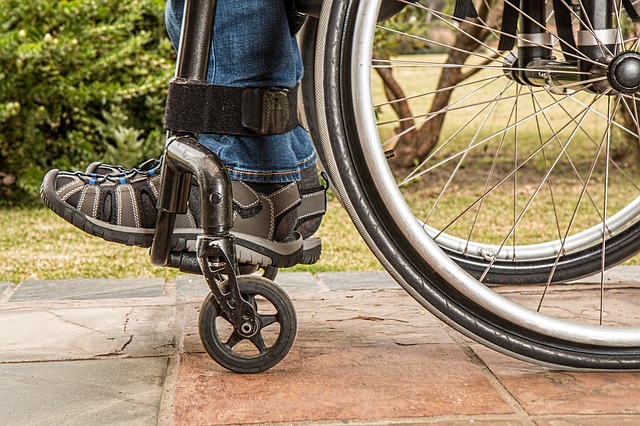According to Census 2011, persons with a disability make up for 2.21% in India’s population. The Ministry of Social Justice and Empowerment has been helping this 2.21% to get socially accommodated through equal opportunities and rights in the society. The Department for Empowerment of Persons with Disability works with non-government and private organisations to help create an inclusive environment for the disabled.
A survey commissioned by Enable Travel interviewed 90 people with disabilities across Wheelchair Users (30), Deaf (30) and Blind (30), from Mumbai and Delhi. Key factors highlight that people with disabilities have a deep desire to travel like everyone else. However, they have specific requirements and travel related barriers that need a differentiated approach.
The survey gauged the travel interests, decision-making process and areas of concern faced by people with disabilities, at the same time offers an insight to various tourism stakeholders to consider their interests in travelling and involve them as part of tourism activities.
For wheelchair users 90% of respondents said they do not have access to other hotel services like restaurants, garden and swimming pools. Hotels with spacious bathroom with adequate turning radius were preferred. A lack of information in hand when deciding on the mode of transport is a major problem with over 90% agreeing to it. In case of an emergency, there are difficulties faced due to the placement of switch boards and emergency bell inside the hotel rooms.
For the visually impaired accessing websites for information on destination and bookings was a big difficulty for over 70% of them. This left maximum of them with word of mouth as their major source of information in choosing a destination. Food menus could not be chalked out without Braille formats and all the respondents said that hotels must have Braille and tactile markings on the elevator control buttons.
The deaf people faced the problem of a lack of visual signal alert to detect knock on the door, recognise telephone ring or alarm clock. Most believed that hotels need to be equipped with necessary visual alert devices in case of emergencies.
On basis of census 2011, a statistical profile was published by the Ministry of Statistics and Programme Implementation in 2016. The Rights of Persons with Disabilities Bill, 2016 raised the question of the need to create an inclusive infrastructure to facilitate greater independence among the differently-abled.
Thank you for reading the story until the very end. We appreciate the time you have given us. In addition, your thoughts and inputs will genuinely make a difference to us. Please do drop in a line and help us do better.
Regards,
The CSR Journal Team
Subscribe


